Lower Back Muscle Strain Symptoms
Common Symptoms of Lower Back Muscle Strain:
- ✔ Discomfort while resting or after sitting for prolonged periods
- ✔ Pain triggered by bending, lifting heavy objects, or maintaining poor posture
- ✔ Stiffness or weakness in the muscles, especially after inactivity or waking up
- ✔ Pain that spreads to the hips or buttocks
- ✔ Decreased flexibility and limited movement in the lower back
Signs of More Severe Muscle Strain May Include:
- ✔ Pain radiating from the lower back down into the legs or feet
- ✔ Muscle spasms or sensations of numbness
- ✔ Loss of control over bowel or bladder function
- ✔ Unexplained weight loss
- ✔ Presence of fever
If you are experiencing intense pain or any of these serious symptoms,
it’s important to seek medical attention promptly to avoid further complications.
Causes of Lower Back Muscle Strain
Muscle strain in the lower back can stem from a wide range of conditions. The most common causes include:
- ✔ Arthritis
- ✔ Strained or sprained muscles
- ✔ Lower back injuries
- ✔ Structural abnormalities in the spine
- ✔ Issues or damage to spinal discs
- ✔ Fractures in spinal bones
- ✔ Infections or tumors in the spine
- ✔ Various spinal disorders
- ✔ Irregular spinal curvature
- ✔ Certain types of cancer
- ✔ Kidney stones
- ✔ Pregnancy-related discomfort
Diagnosis of Lower Back Muscle Strain
To determine the root cause of muscle strain, your healthcare provider will start by reviewing your medical history
and asking about your symptoms. This is followed by a physical examination.
For a deeper analysis, imaging tests may be conducted to examine the condition of the vertebrae, discs, muscles, tendons, and ligaments.
These may include:
- X-rays – to identify bone-related issues
- MRI scans – for detecting problems in muscles, tendons, and bones
- CT scans – useful in diagnosing soft tissue and bone concerns
- Electromyography (EMG) – to assess nerve damage
In some cases, blood or urine tests may also be recommended to diagnose conditions like ankylosing spondylitis, infections, or kidney stones.
Treatment for Lower Back Muscle Strain
Find Lasting Relief with Intradiscal Pressure Therapy (IDPT)
At I-Spine Wellness, we offer Intradiscal Pressure Therapy (IDP) that has helped thousands of patients
overcome spinal conditions—without the need for surgery.
Endorsed by international clinical studies, this advanced therapy provides a safer and more effective alternative to
surgical procedures, steroid injections, or pain medications. Here’s how it helps:
- ✔ Alleviates disc pressure and retracts herniated discs
- ✔ Enhances blood circulation to support natural recovery
- ✔ Eases nerve compression, significantly reducing pain
- ✔ Completely non-invasive, drug-free, and safe for long-term healing
Why Are More Indians Suffering from Chronic Spinal Pain?
Lifestyle and environmental factors contribute to the rising cases of spinal issues:
- ✔ Long Working Hours & Poor Posture – Sitting for extended periods strains the spine, causing cervical spondylosis, disc herniation, and chronic lower back pain.
- ✔ Excessive Screen Time & Tech Neck Syndrome – Staring at screens for hours leads to poor neck posture, spinal misalignment, and nerve compression.
- ✔ Obesity & Poor Diet – Unhealthy eating leads to inflammation and excess weight, putting additional stress on the spine.
- ✔ High-Stress Lifestyle – Chronic stress results in muscle stiffness, tension headaches, and spinal discomfort.
- ✔ Lack of Awareness & Delayed Treatment – Many people ignore mild pain until it becomes a severe, chronic condition.
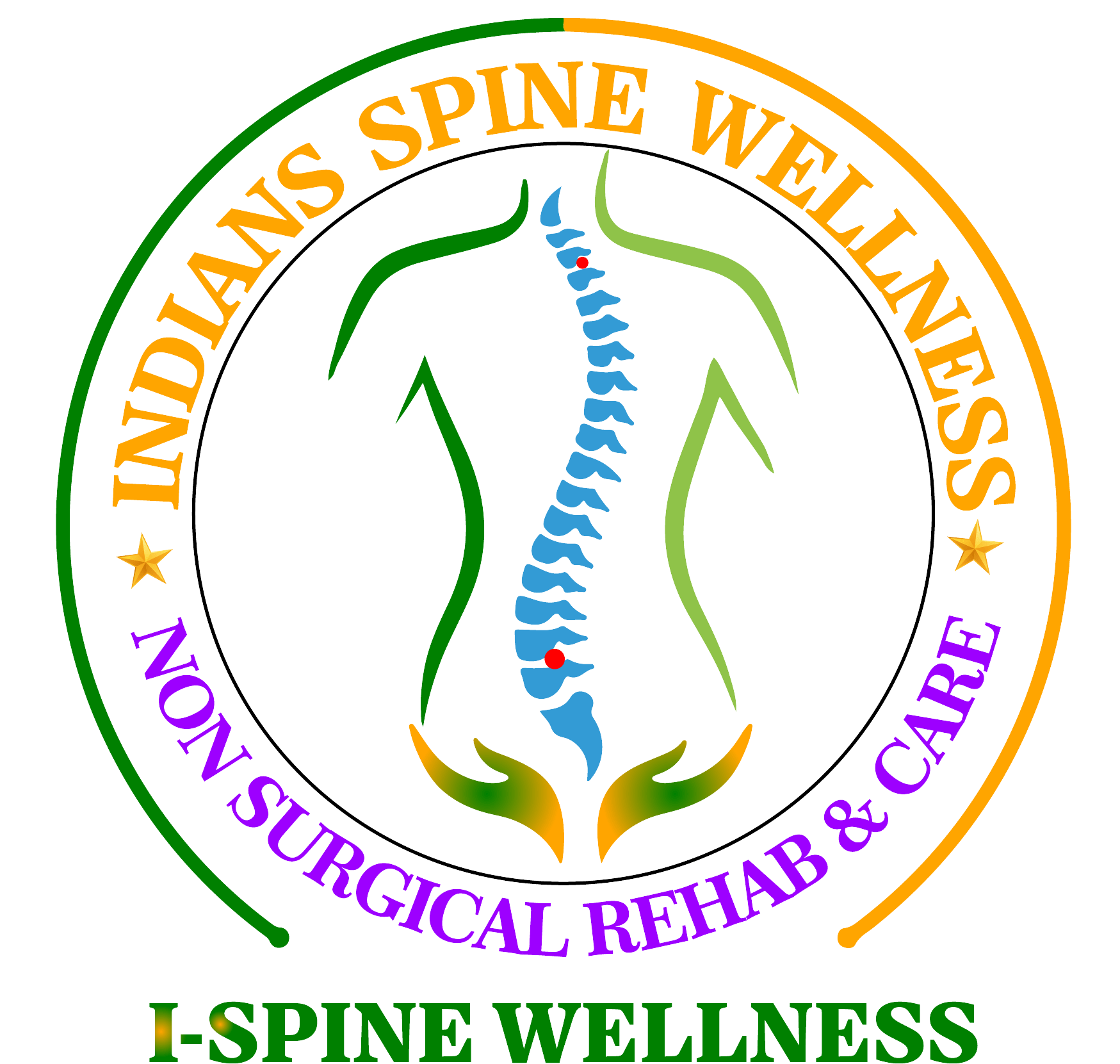

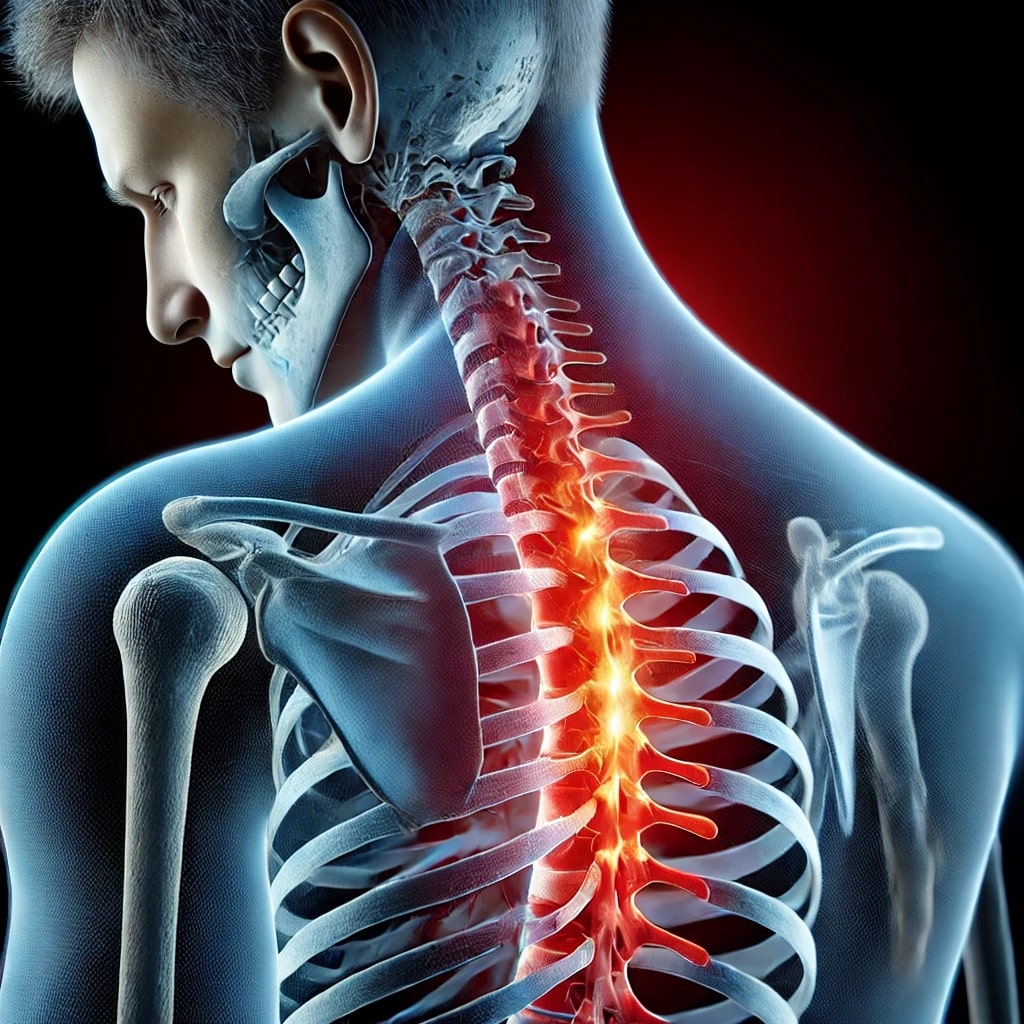
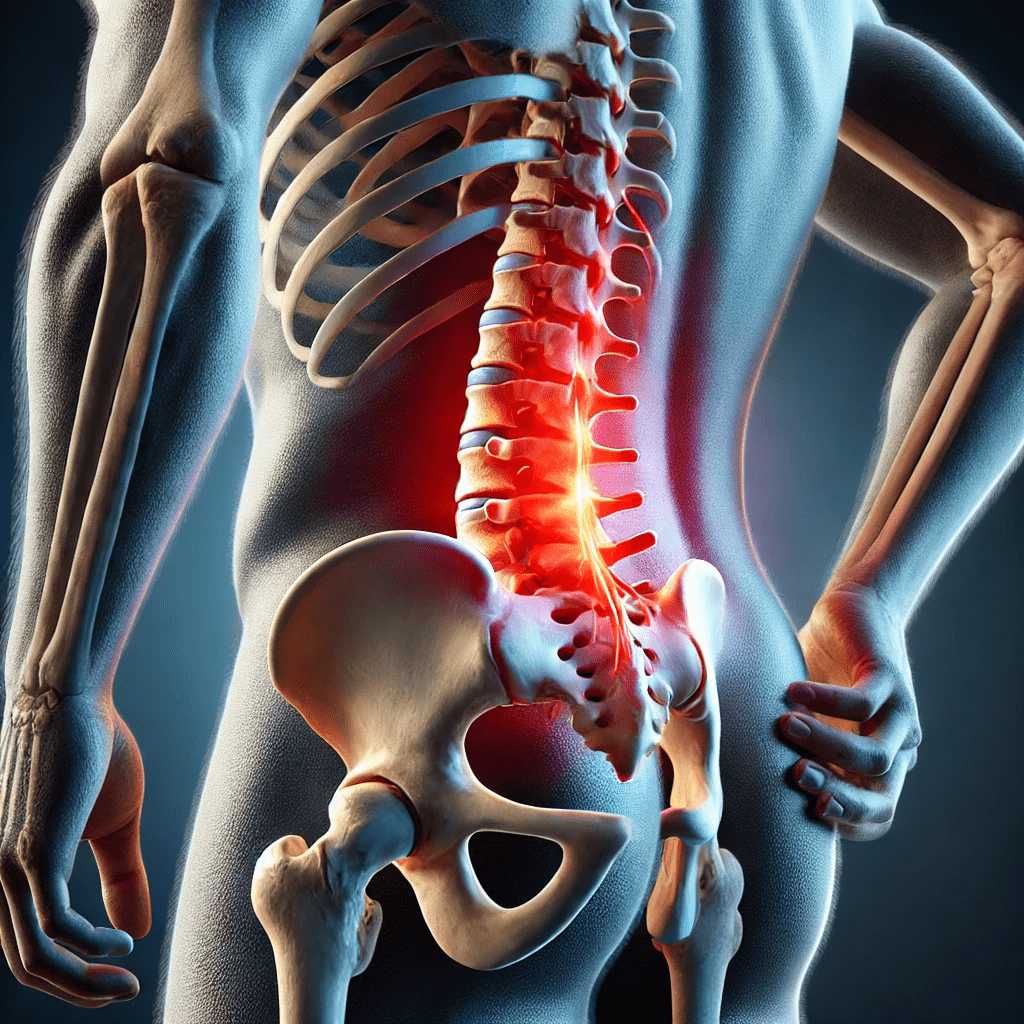
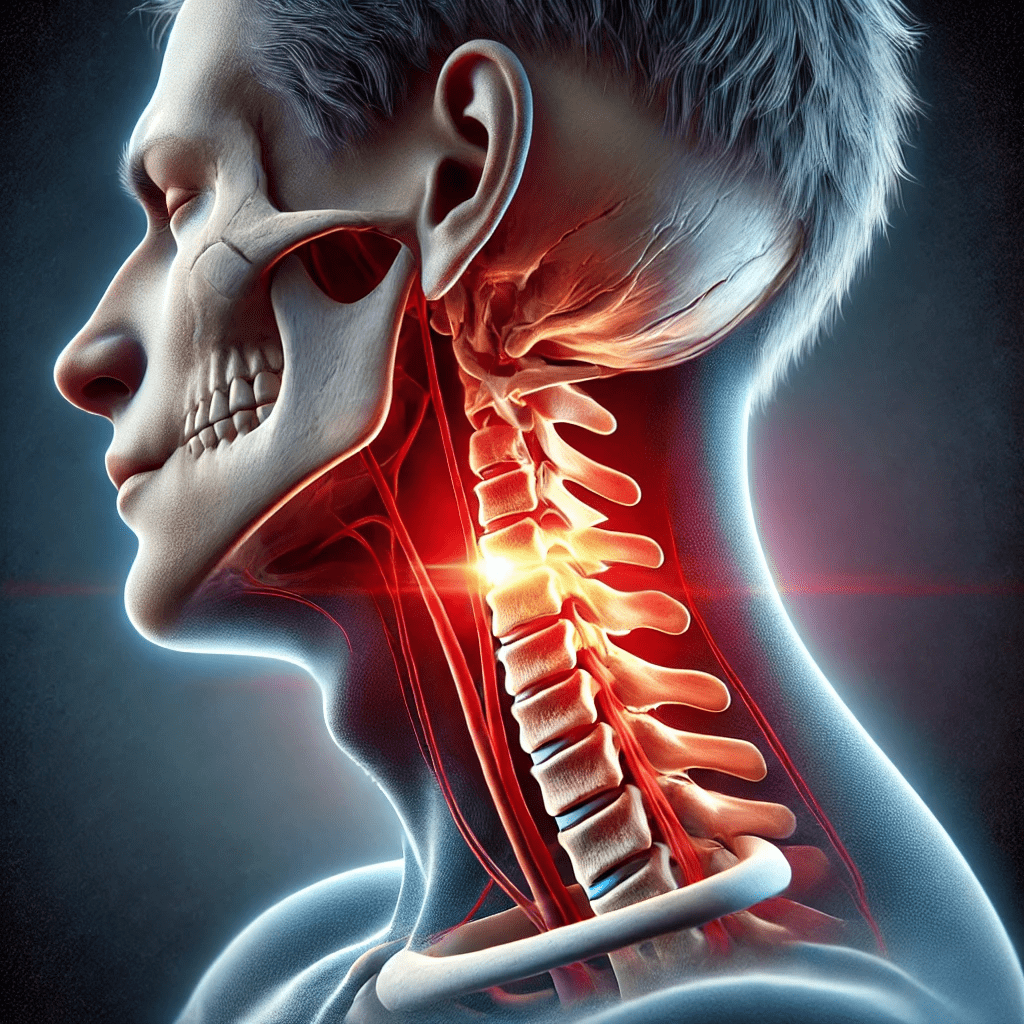
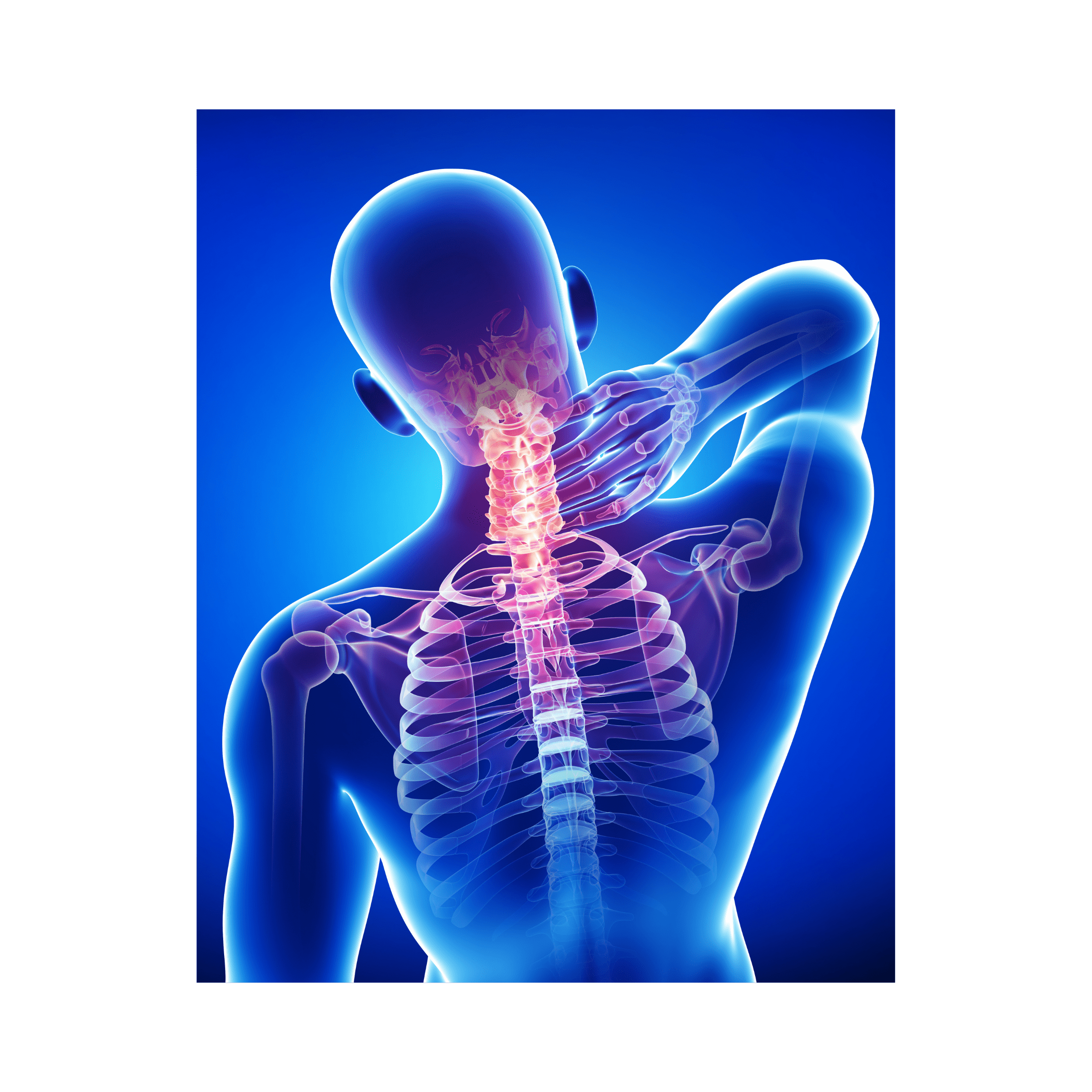
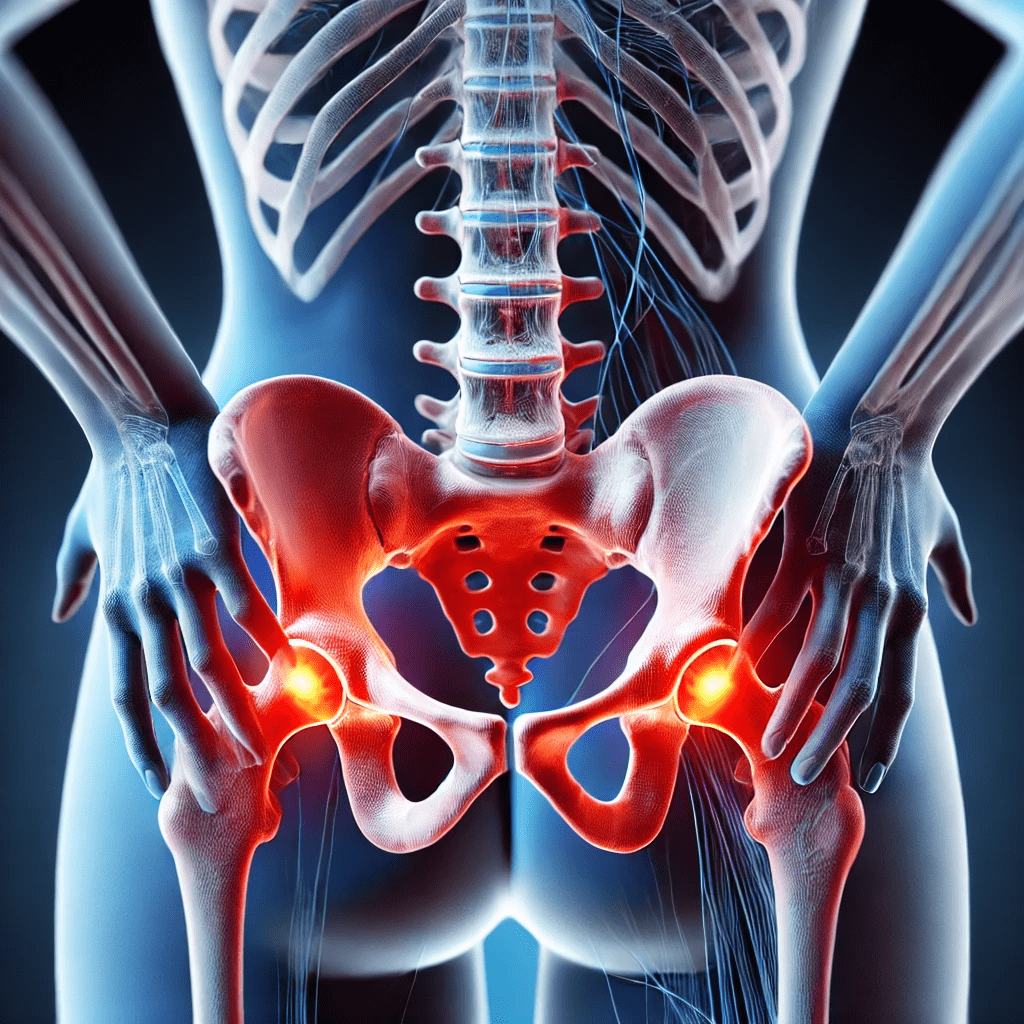
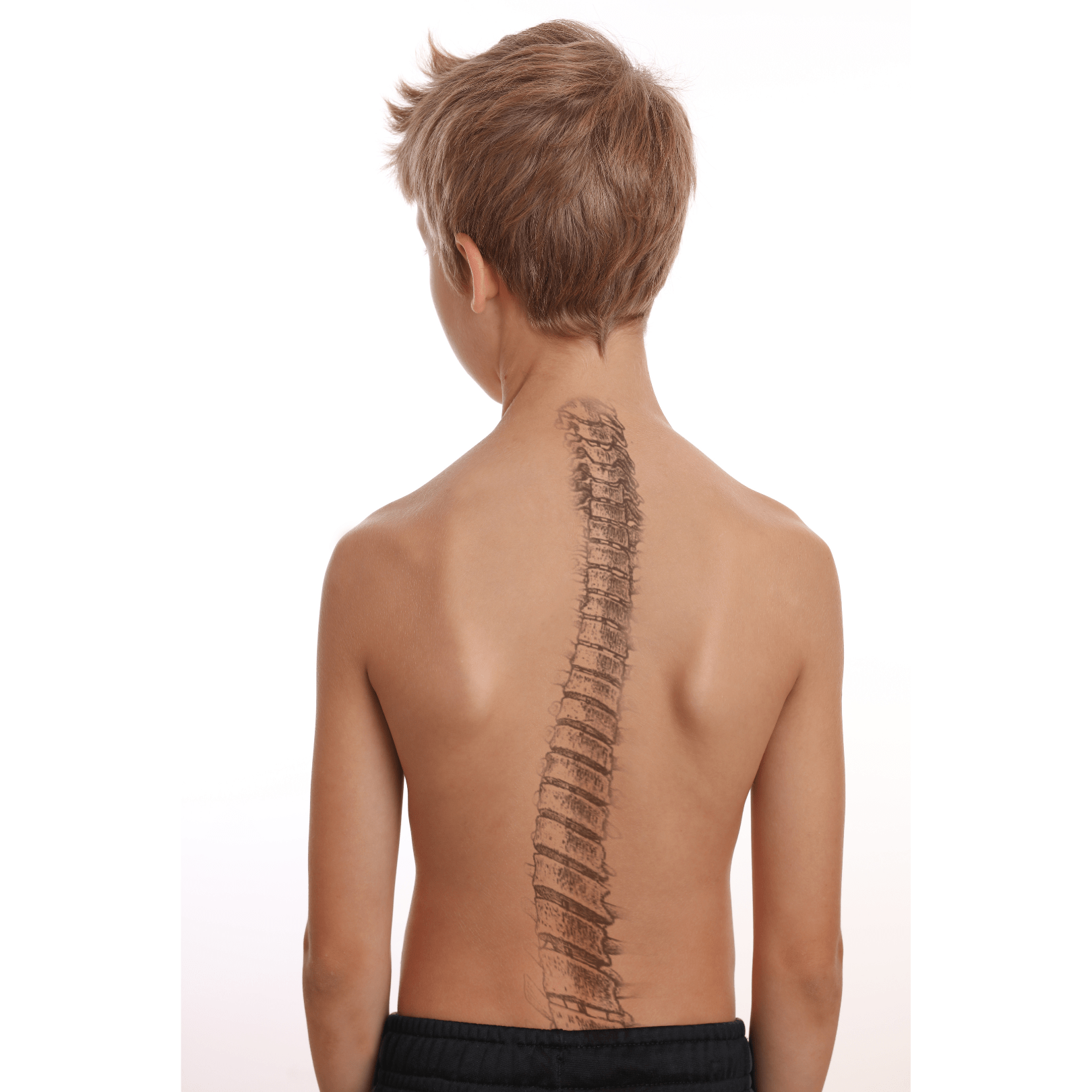
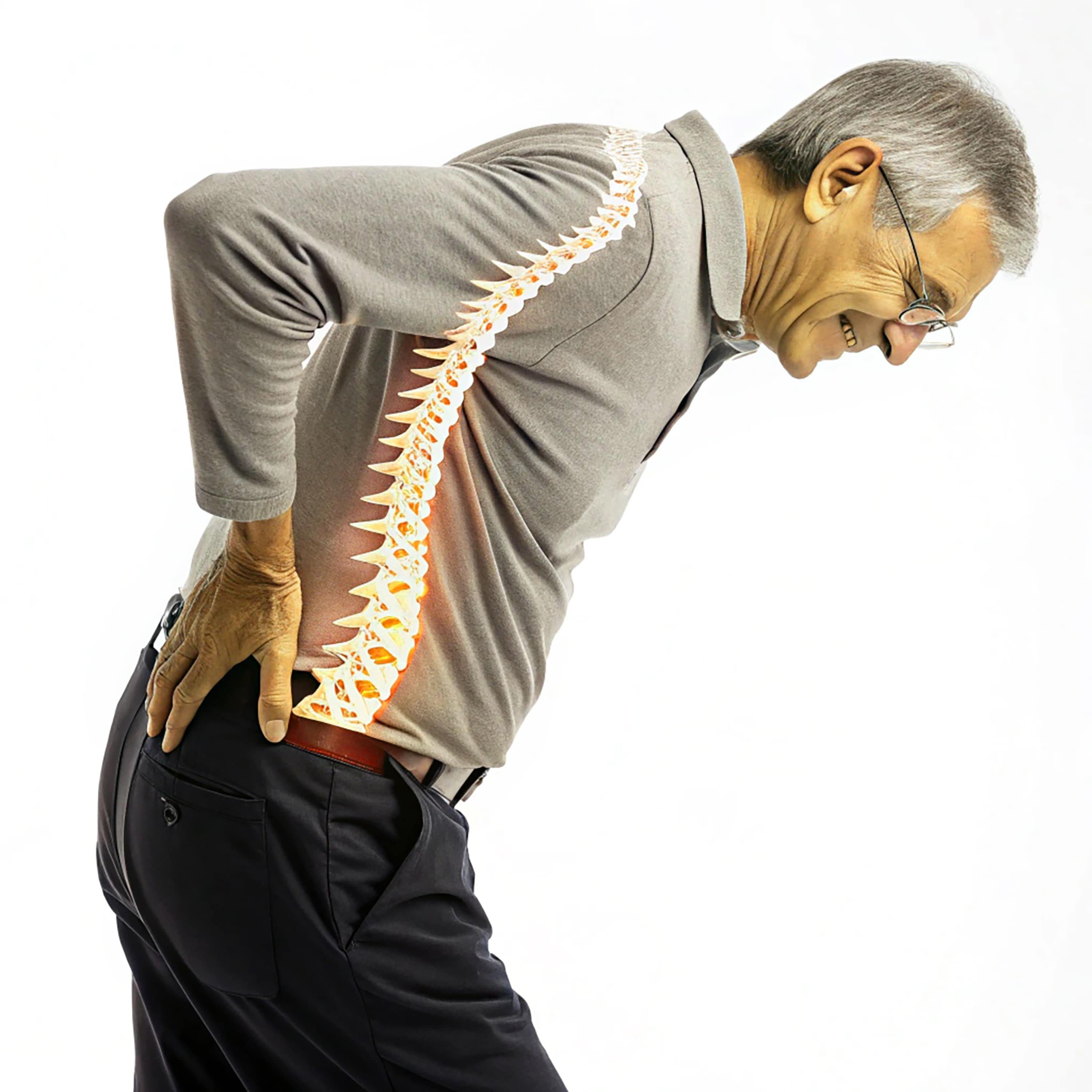
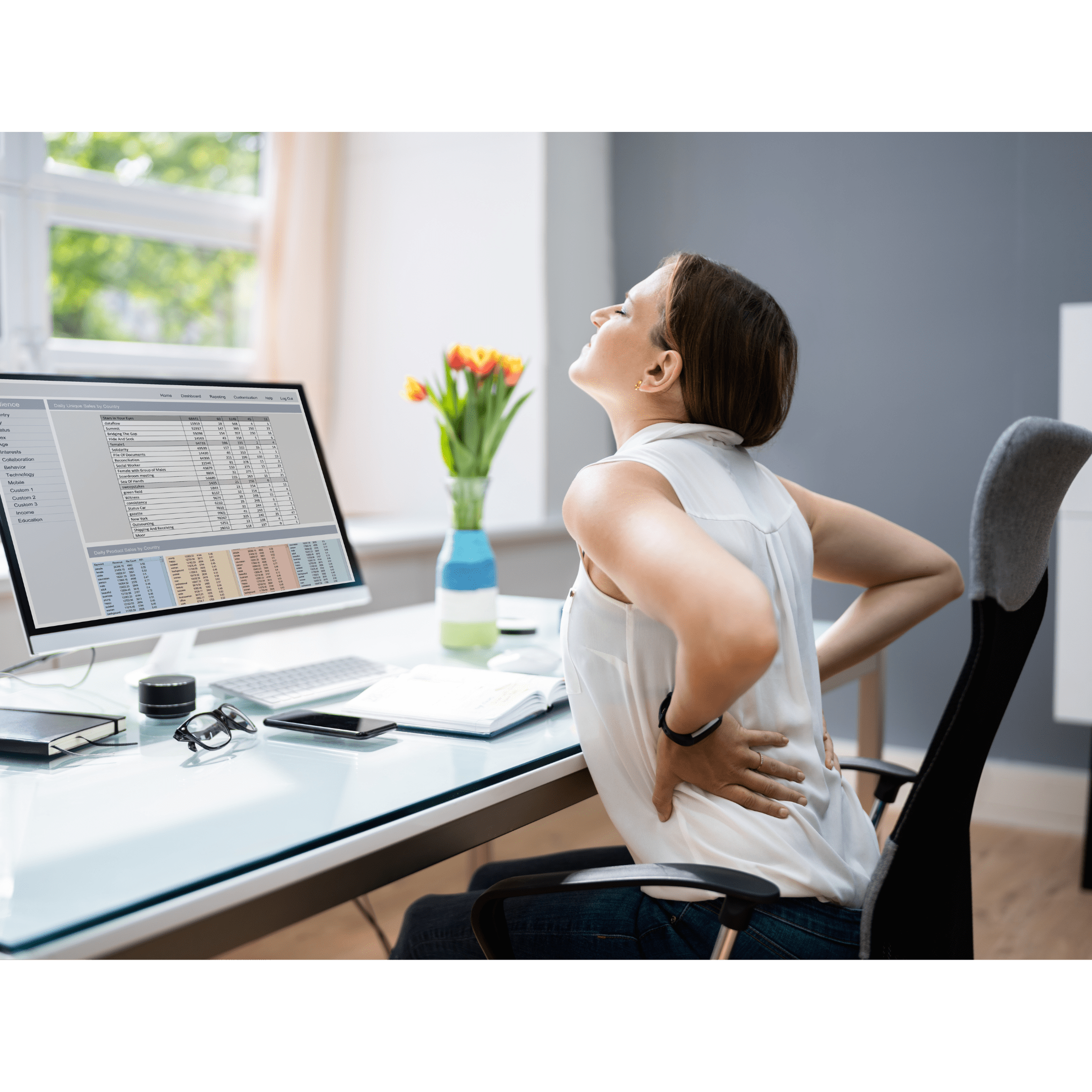
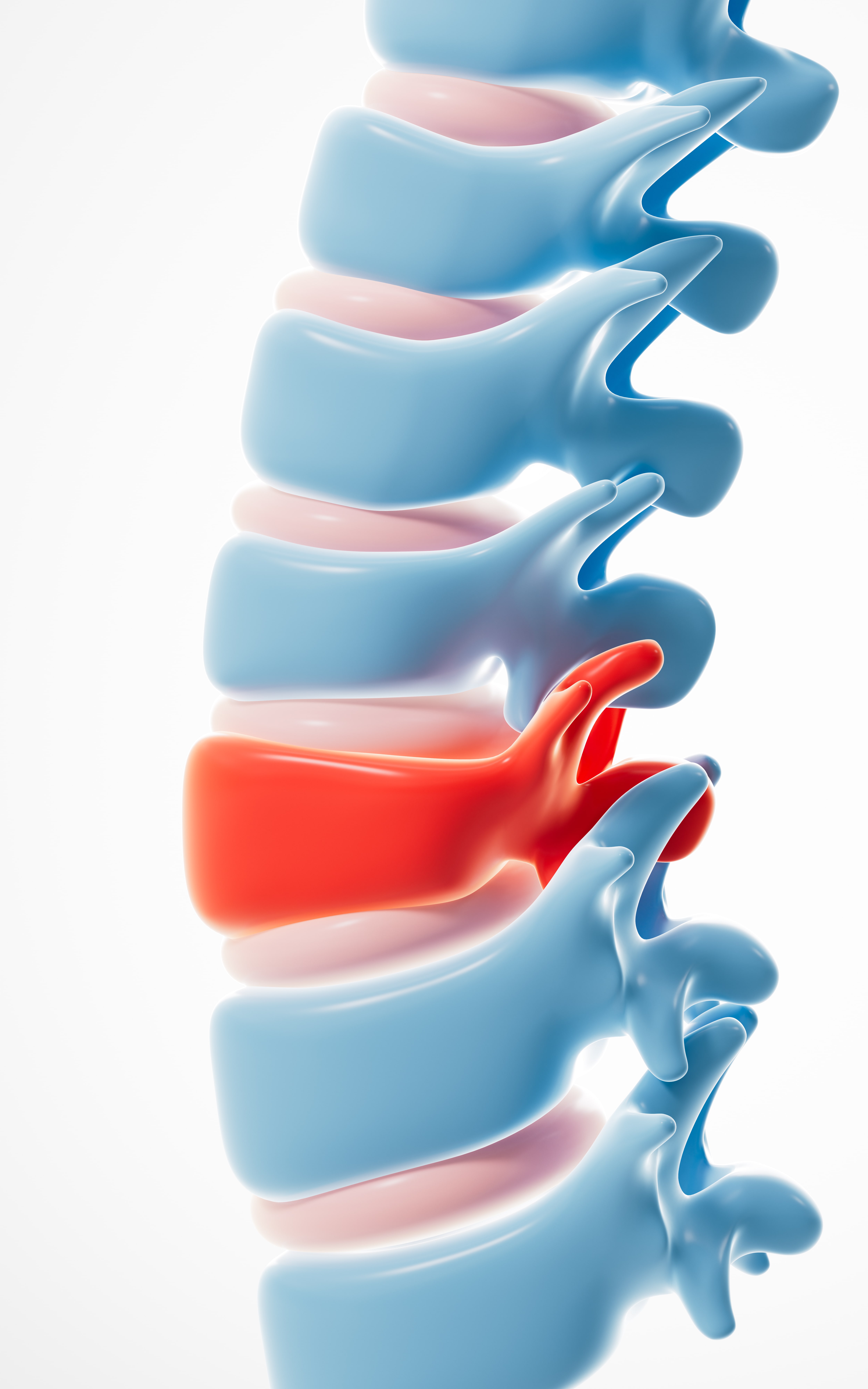
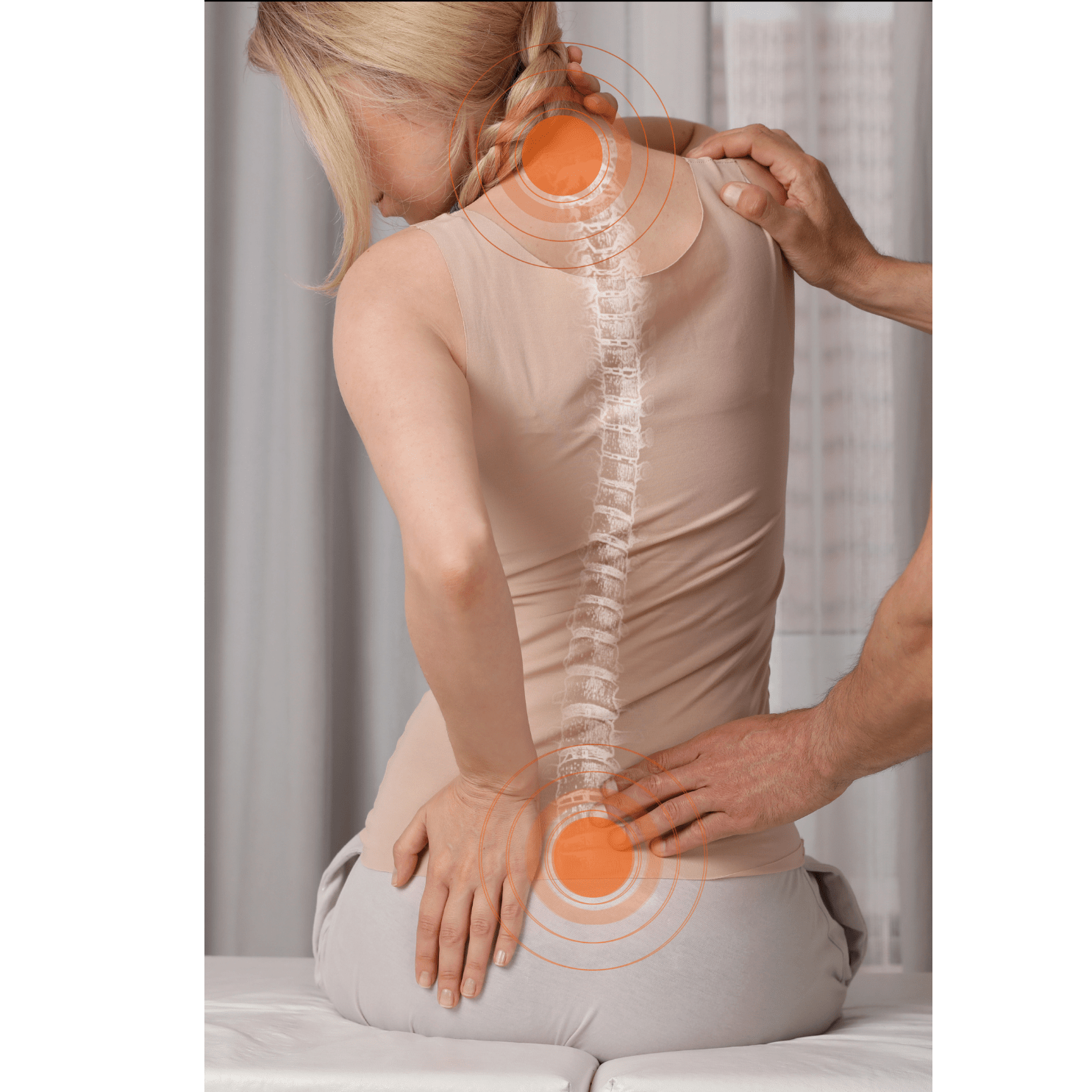
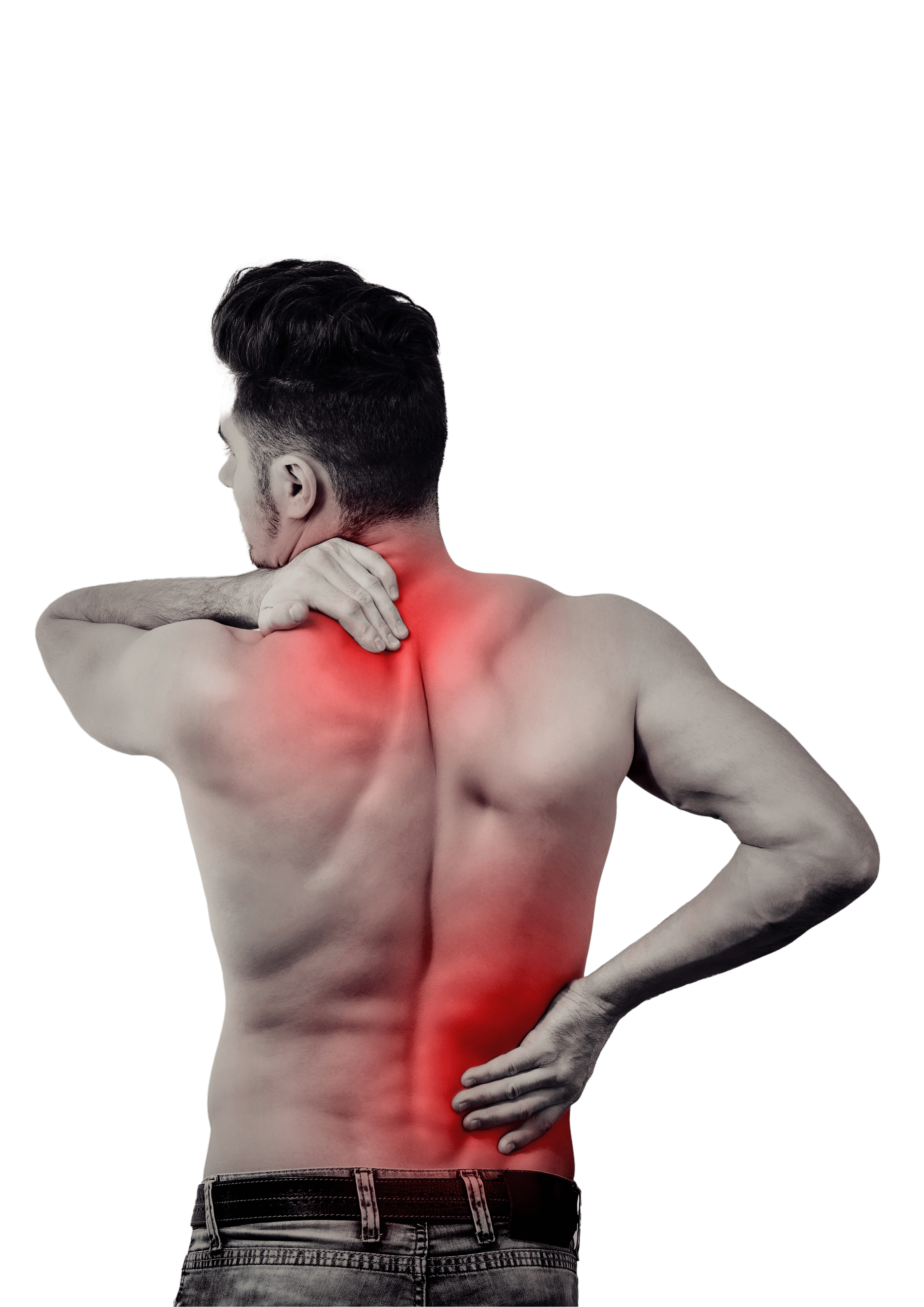
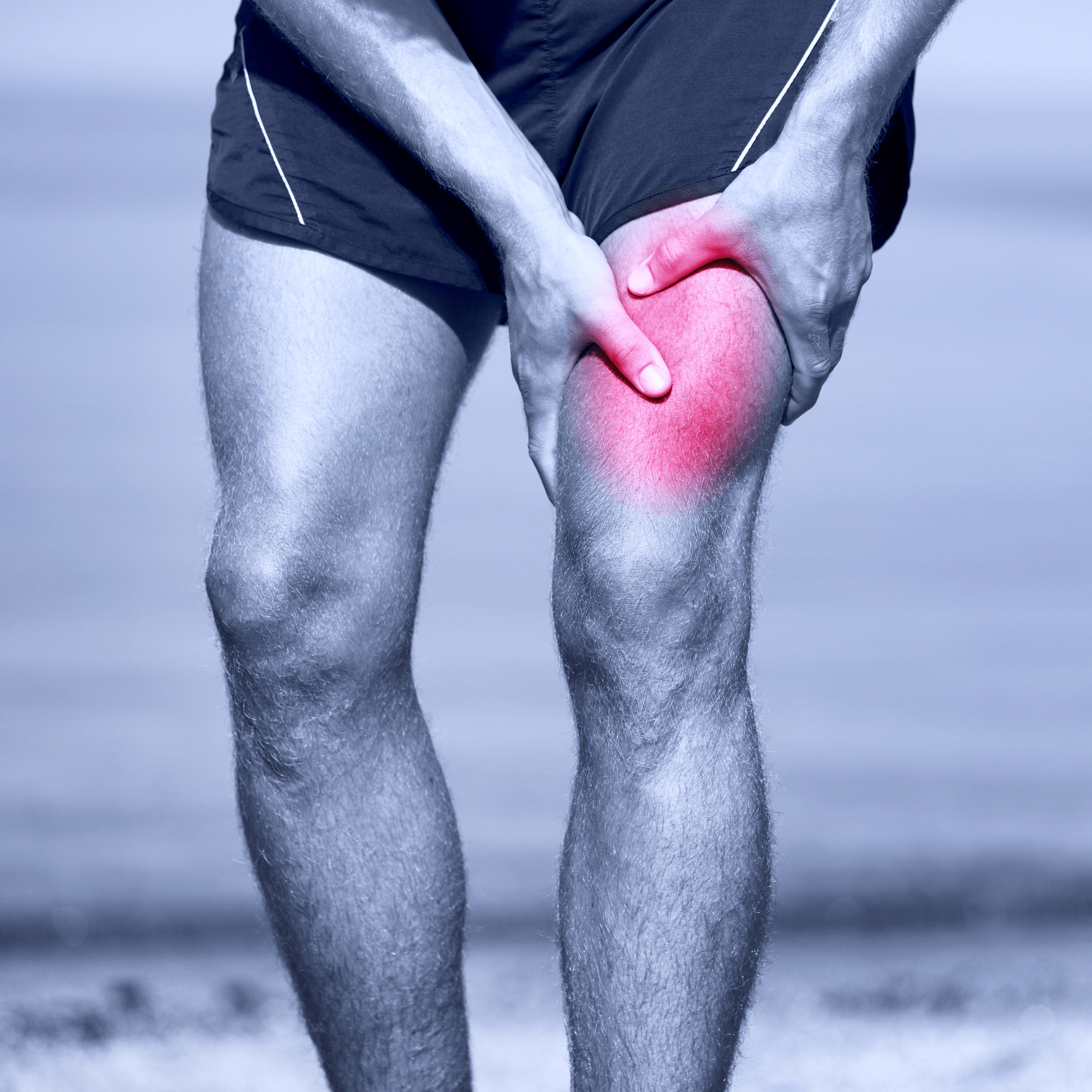
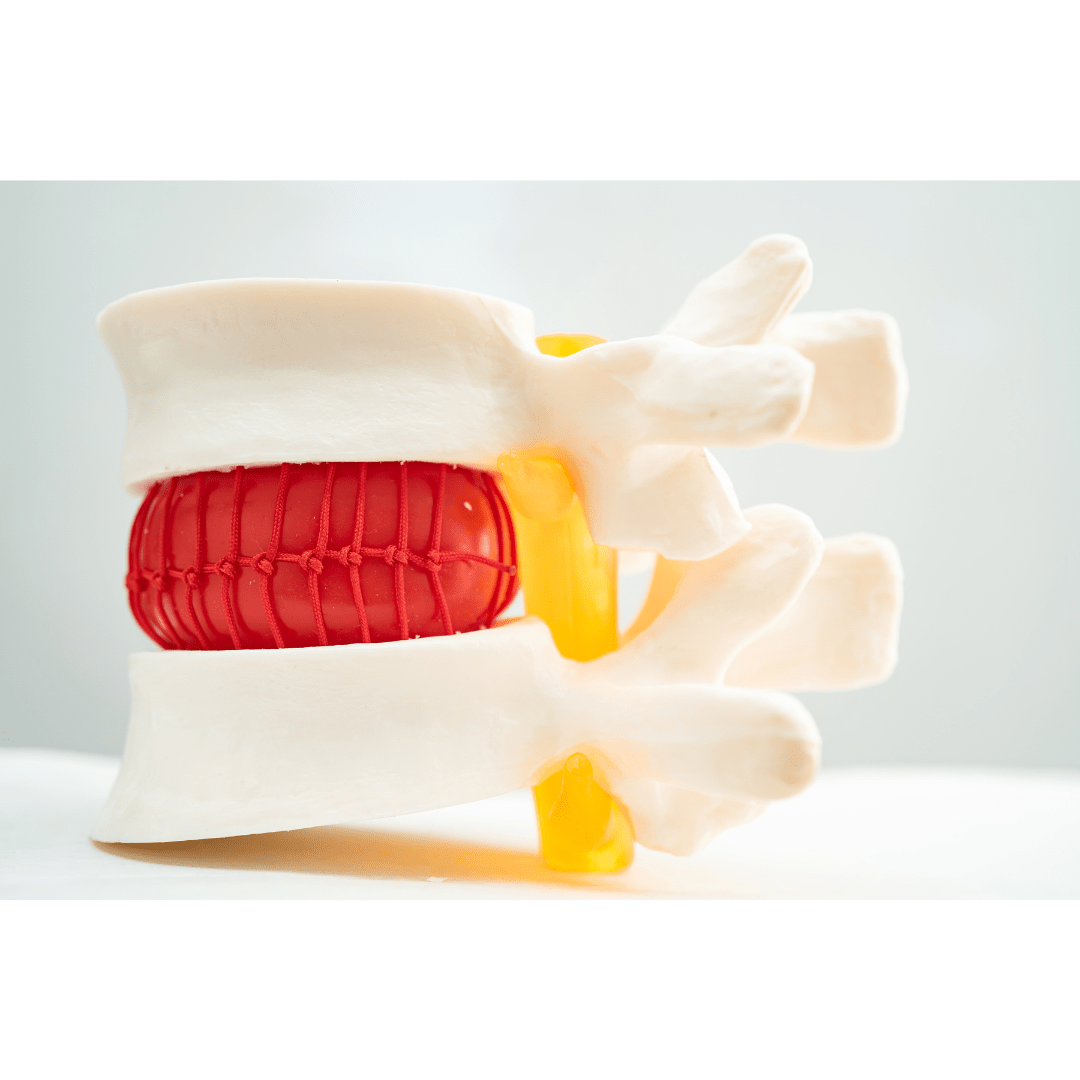
-min.png)
